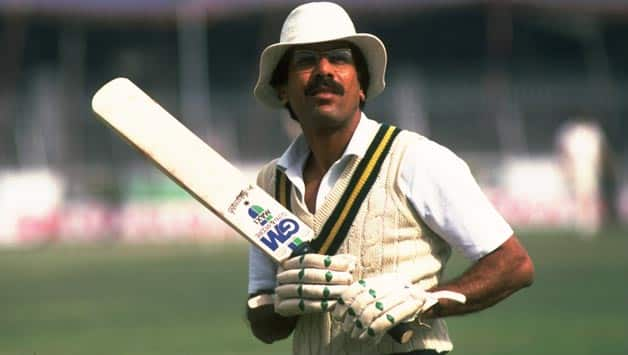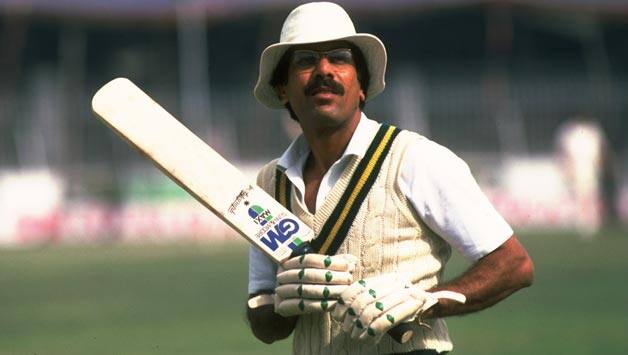
5 instances when players refused to take the field
No means ‘NO’Protesting is a constitutional right in a democratic country. But cricket somehow is averse to such manifestation of indignation. Questioning an umpire’s decision dishes out a fine to the player concerned. A mild change in the expression of a batsman or even shrugging of shoulders is a level one offence as per the code of conduct for players.Howbeit, there have been incidents when players and teams were pushed to the edge of their tolerance level that they threatened to forfeit the match. Injustice, indignation, discrimination and at times political influence - causes that forced players to go to the extreme of strikes during matches are manifolds.Here, we take a look at five such incidents, when players refused to take the field.
#1 Zaheer Abbas taking his team off against India in Bangalore in 1983

The first Test in the Pakistan tour of India in 1983 was heading towards an impasse, thanks to the inclement weather and the over-cautious cricket from both the sides.
Batting first, India lost all their wickets for 275 and Pakistan responded with 288 runs. By the time Pakistan completed their innings, the match was into the fifth day. India began their second innings during the second session of the final day.
Sunil Gavaskar who was braving bronchitis, which disallowed him from fielding during the Pakistan innings, came out to bat with Anshuman Gaekwad and the duo traversed to tea scot free.
Though the destiny of the match was conspicuous, Pakistani skipper Zaheer Abbas was told by the umpires that 77 overs were needed for the day, but on the final day it was four-and-a-half hours followed by 20 mandatory overs.
One of the umpires in his biography “The Burning Finger” discloses that, “I told him [Zaheer] in India all the mandatory overs had to be bowled. In England if there is no hope of a result, the mandatory overs need not be completed. In India, one has to consider the feelings of the crowd which is very volatile and can be easily aroused.”
Zaheer Abbas was discontented by what was told to him. Gavaskar told later that, “If it was his intention to disturb the concentration of the batsmen, then he failed.”
After tea, the Indian legend sensed an opportunity to notch up a hundred, which as he claims would boost his confidence. A century for him would also place him on par with Sir Don Bradman in the list of highest century scorers.
Time chugged passed the schedule close of play and 77 overs had been bowled. Hence, Zaheer took his players off the field without consulting the umpires. The umpires were now faced with a predicament. Gavaskar was queried and the century-hungry batsman responded saying that he wanted the game to continue.
The Pakistani team left the field while the Indian openers stood glued in the middle. Umpires held a discussion with the Pakistani captain, team manager and the members of the Karnataka cricket Association.
Kapil Dev tried to convince his batsmen to give up, but Gavaskar refused vehemently. “After the Pakistanis left the field, Gavaskar refused to leave the ground and dissuaded his partner Gaekwad from leaving the field, despite repeated entreaties of his skipper Kapil Dev”, said one of the umpires, Gothoskar, in his biography.
The ugly situation wound down to a situation where the umpires issued the Pakistani team a warning, whereby refusing to take the field would lead to a defeat by forfeiture.
Thus, the Pakistani team was forced back to play and they bowled and fielded sans any devotion. The field was unmoved even as bowlers bowled from both ends. Pakistan’s resignation helped Gavaskar score his century off the first ball of the last over of the day and the Pakistani skipper took his players off the field, even though 5-ball were still remaining.
There were no complaints this time as the only agitator had got what he wanted. According to Gothoskar, one of the board officials had opined, “tell Gavaskar to retire from Test cricket if he had to ‘scrounge’ for his Test centuries in this manner”.